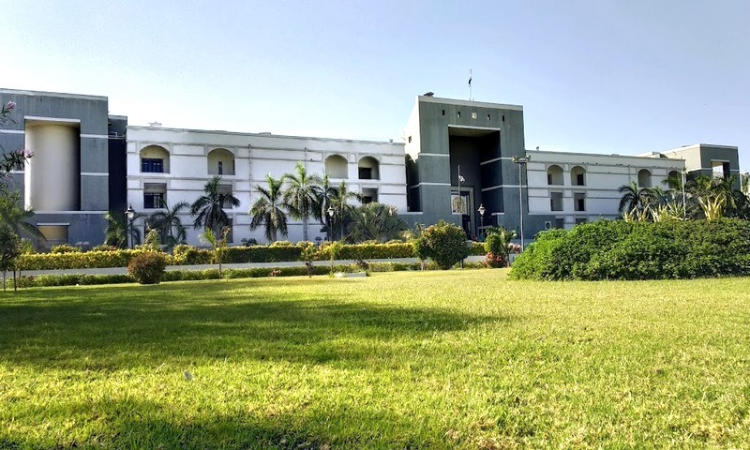Gujarat High Court Grants Joint Custody Of Differently Abled Corpus To His Father & Major Daughter
PRIYANKA PREET
12 Feb 2022 10:59 AM IST

Next Story
12 Feb 2022 10:59 AM IST
In a peculiar case, where the corpus lost his memory up to 95% and his wife died by committing suicide, the Gujarat High Court has permitted the corpus' major daughter and his father to share joint custody of the corpus.The Bench comprising Justice Sonia Gokani and Justice Mauna Bhatt further directed that once the second daughter of the corpus becomes a major, she will also have...
